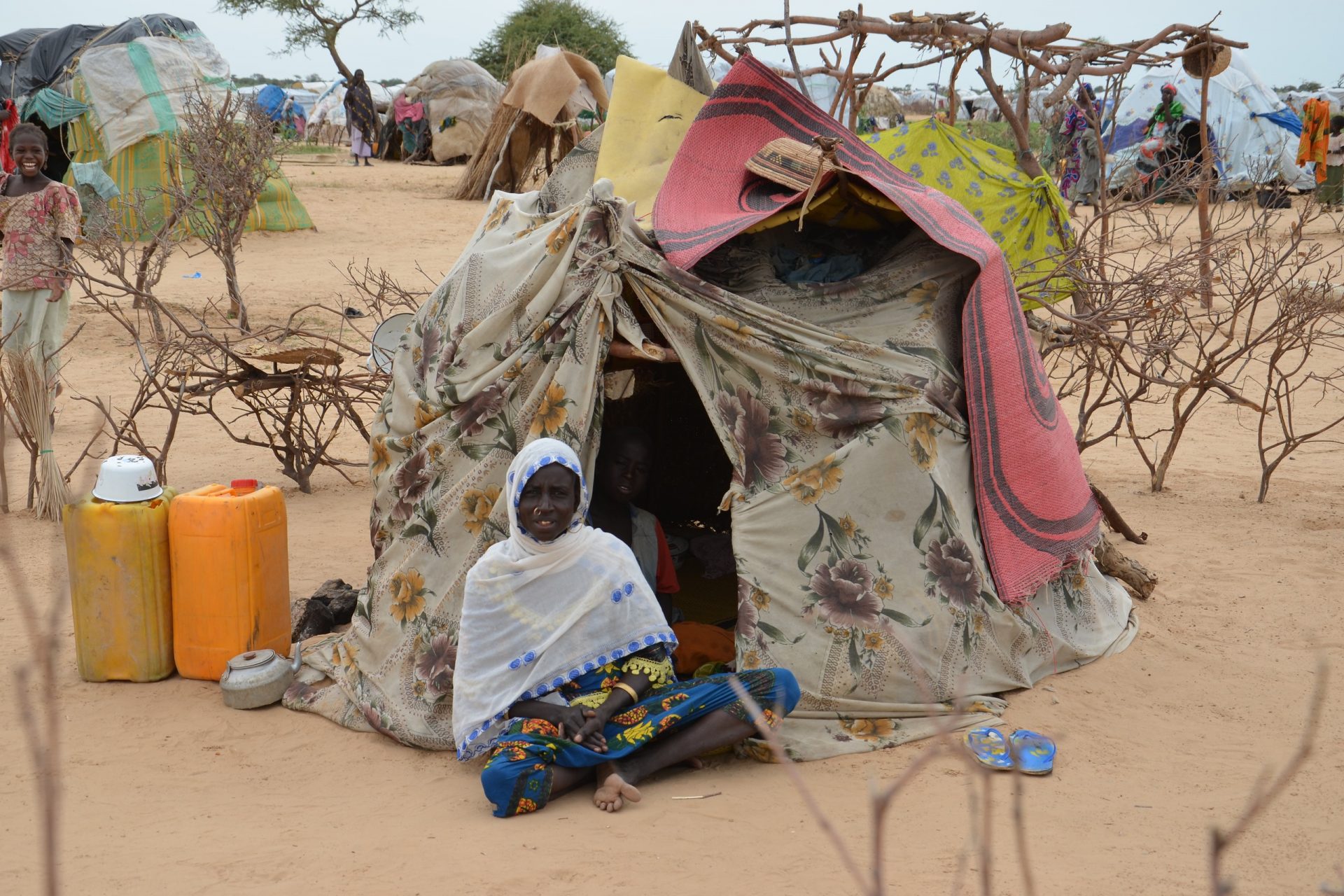
How the World Bank Group Can Ensure Displaced People Are Not Left Behind
Thematic Papers on Fragile & Forced Displacement Contexts with Key Recommendations
The world witnessed historically high levels of forced displacement in the last decade, resulting in human suffering and heightened stress on host communities, and decreased likelihood of reducing global poverty.
By mid-2020, the number of forcibly displaced people topped record numbers at 80 million globally, including 26.4 million refugees, 4.2 million asylum seekers, and 45.7 million internally displaced people.
Now more than ever, bold solutions, innovation, and close coordination and collaboration are needed among the global community to help displaced people rebuild their lives with dignity.
As the global fragile and forced displacement crisis continues to deepen, the role of institutions like the World Bank Group (WBG)—which is uniquely positioned to inform national policies and implement programs that reach affected populations—is more critical than ever. The WBG can play a catalytic role in providing targeted financing to refugee-hosting countries and helping them identify ways to improve policies to assist host communities and refugees. In doing so, consultation with other key stakeholders will be critical, including NGOs assisting uprooted populations in creating effective and lasting solutions for displaced people.
In this suite of thematic papers, InterAction’s Forced Displacement Working Group (FDWG) dives into five topics to provide the WBG and other investors an overview of several issues affecting the forcibly displaced and key components to strengthening their engagement in fragile and forced displacement settings. The topics addressed in the papers include livelihoods, gender and inclusivity, early childhood development, legal identity, and housing, land, and property rights.
Among the most consistent recommendations put forward across the thematic papers, InterAction’s FDWG recommends the WBG and other investors:
- Expand partnerships with NGOs and meaningfully engage refugees, host communities, and local civil society to strengthen institutional response and coordination.
- Conduct contextualized analysis of forcibly displaced populations and identify barriers that hinder access to basic social services and economic opportunities.
- Share existing evidence and lessons learned in managing forced displacement crises across WBG teams and external actors to build capacity and expertise on what works in a diverse range of fragile and forced displacement settings.
- Leverage internal resources and knowledge to ensure a more coherent WBG approach is adapted to and applied in forced displacement settings.
Download the set of thematic papers HERE to see the InterAction FDWG’s full suite of recommendations for the WBG to ensure displaced people are not left behind and their prospects for solutions are improved.
Specific papers on each topic can also be found below:
- Early Childhood Development in Forced Displacement, Conflict & Violent Contexts
- Labor Market Access in Forced Displacement Contexts
- Access to Housing, Land & Property in Forced Displacement Contexts
- Legal Identity in Forced Displacement Contexts
- Applying an Age, Gender, Disability & Diversity Lens in Forced Displacement Contexts








